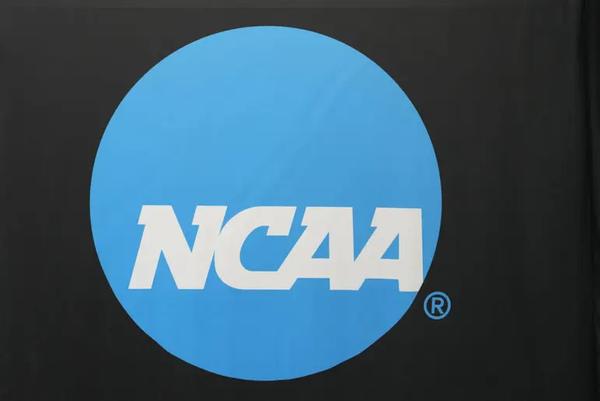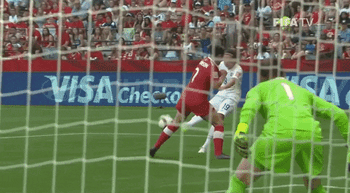
The GIST: On Monday, Judge Claudia Wilken granted preliminary approval of the proposed settlement in House v. NCAA, the lawsuit alleging that the NCAA’s pre-2021 ban on NIL earnings violated antitrust laws.
The background: In May, the parties reached a two-pronged settlement agreement centered around back pay for pre–NIL era student-athletes and future revenue-sharing between schools and athletes.
- Among other concerns, Wilken felt that a stipulation giving the NCAA power to deny athletes’ NIL deals if interpreted as “pay-for-play” was too broadly restrictive. Last month, she required changes before granting approval.
- The parties clarified that the NCAA would only be able to restrict deals with NIL collectives or boosters, which are most closely tied to recruitment. Apparently those changes were enough, as Wilken gave the settlement her blessing on Monday.
What’s next: The final approval hearing is set for April 7th, 2025, but the deal’s not done: Current and former athletes eligible for back pay can opt out (retaining their right to bring another suit later) or file an objection until January 31st, 2025 — and some already have. If enough object, the settlement could still fall through.
The sticking points: The NCAA is concerned about pay-for-play because it unfairly advantages wealthy programs in recruiting, and the proposed restrictions on collectives would effectively allow the NCAA to determine and enforce a “fair-market price” for these types of deals.
- But some settlement objectors say it’s illegal for the org to restrict athletes’ deals with third-party collectives. In other words, if a group wants to pay a quarterback millions of dollars, it should be allowed to without the NCAA’s stamp of approval.
- Other objections to the settlement include concerns about the $2.7B back pay amount, the proposed plan to fund that back pay, and Title IX restrictions. But will they be enough to stop this train? One thing is certain: The legal drama won’t end here.
Enjoying this article? Want more?

Sign up for The GIST and receive the latest sports news straight to your inbox three times a week.

